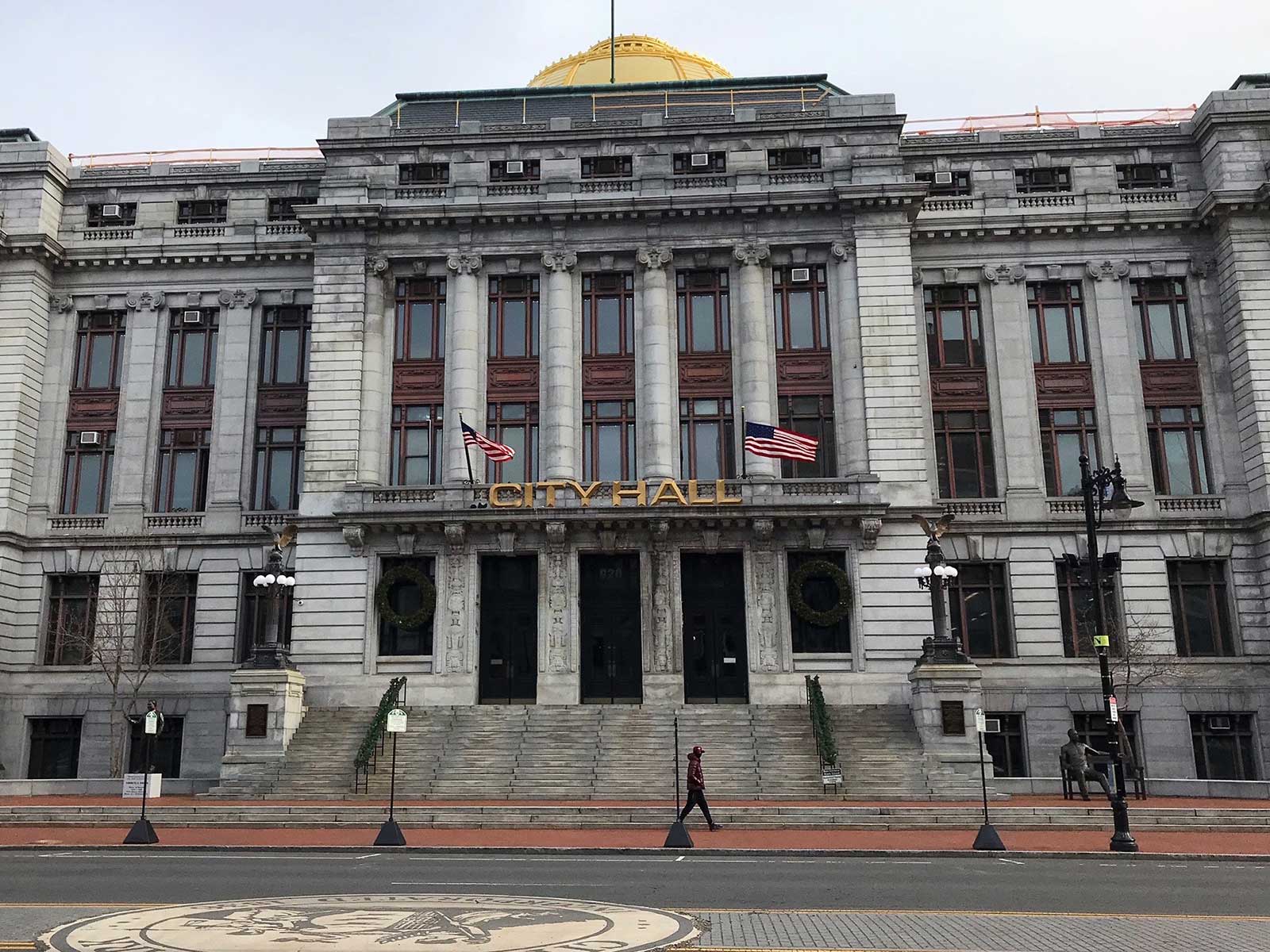
Newark’s City Council passed an ordinance last week that places further restrictions on a landlord’s ability to raise rent in hopes of keeping the housing market from spiraling further out of control.
Newark already had wide-reaching rent control in place that covered about 70 percent of the properties within its borders. This new ordinance outlaws rent increases of more than 5 percent a year on newly constructed units that weren’t previously governed by rent control.
“The affordability in Newark is getting worse and likely to get much worse over time,” said David Troutt, a Rutgers law professor, who appeared before the council to support the new measure.
Troutt is the founding director of the Rutgers Center on Law, Inequality and Metropolitan Equity, a local think tank that has published a series of reports on the affordability crisis. His most recent study — which found that between 2017 and 2020, 2,500 homes were sold to institutional buyers — has profoundly affected policymaking in the city.
This shift in the ownership landscape has created a hostile environment for renters. Trout told the City Council that Newarkers — 70 percent of whom are renters — are a “captive population” that is trapped in “one of the most expensive regions in the country.”
In gentrifying places, usually there is an influx of wealthy outsiders who are able to afford rising rental prices, Trout said. “But that’s not what you see in the city of Newark,” Trout said. “People are still making the same amount of money, but they’re being expected to pay more and more in rent.”
In an op-ed, Mayor Ras Baraka told the story of a mother and her three children, who were forced to sleep in a car after being evicted from their apartment because of a landlord’s ruthless pursuit of higher rents.
“The landlord was in his legal right to increase the rent as high as he wanted in an apartment not under rent control. But should he have been allowed to do that?” Baraka wrote. “Thirty percent of the rental housing in Newark is not under rent control, and there is presently no penalty for how much a landlord increases those rents.”
However, not everyone believes putting more restrictions in place will keep the market in check. Nicholas Kikis, vice president of the New Jersey Apartment Association, admitted that Newark has an “affordable housing crisis,” but he believes the new ordinance is misguided.
Kikis believes the best way to control rising rents is to increase the housing supply. On that point, the city’s planning department seems to agree. A large part of the city’s recent push to change the zoning laws was to increase residential density along the city’s major corridors, Jersey Digs reported.
However, Kikis argued that putting more restrictions on landlords could discourage responsible developers from investing in the city.
Kikis is also concerned that Newark’s ordinance violates a state law that prohibits municipalities from passing rent control ordinances affecting “new construction of rental multiple dwelling units.”
“We have a state policy of promoting new construction by keeping rent control at bay for 30 years,” Kikis said. “This allows owners to recoup their development costs and increase our supply of housing.”
Local landlords, like Jamal Roberts, have been pushing since last year for Mayor Baraka to let his pandemic-related executive order, which freezes rent hikes, expire, especially in the face of inflation, as Jersey Digs reported. “As a small-scale investor myself, I can hardly fathom assuming the risks associated with constructing a new apartment building that places a cap on future rent increases, but not on escalating expenses,” Roberts said.


